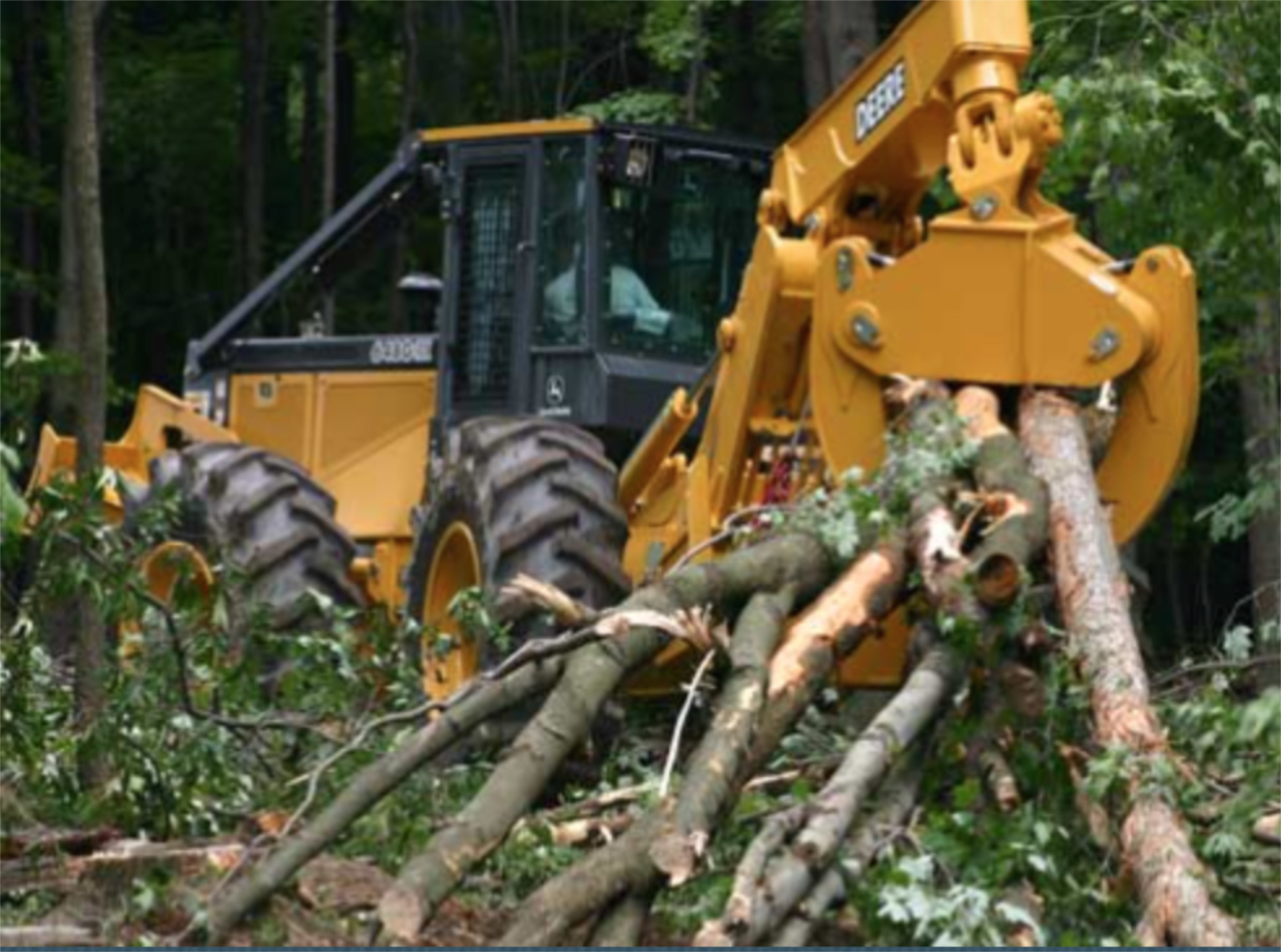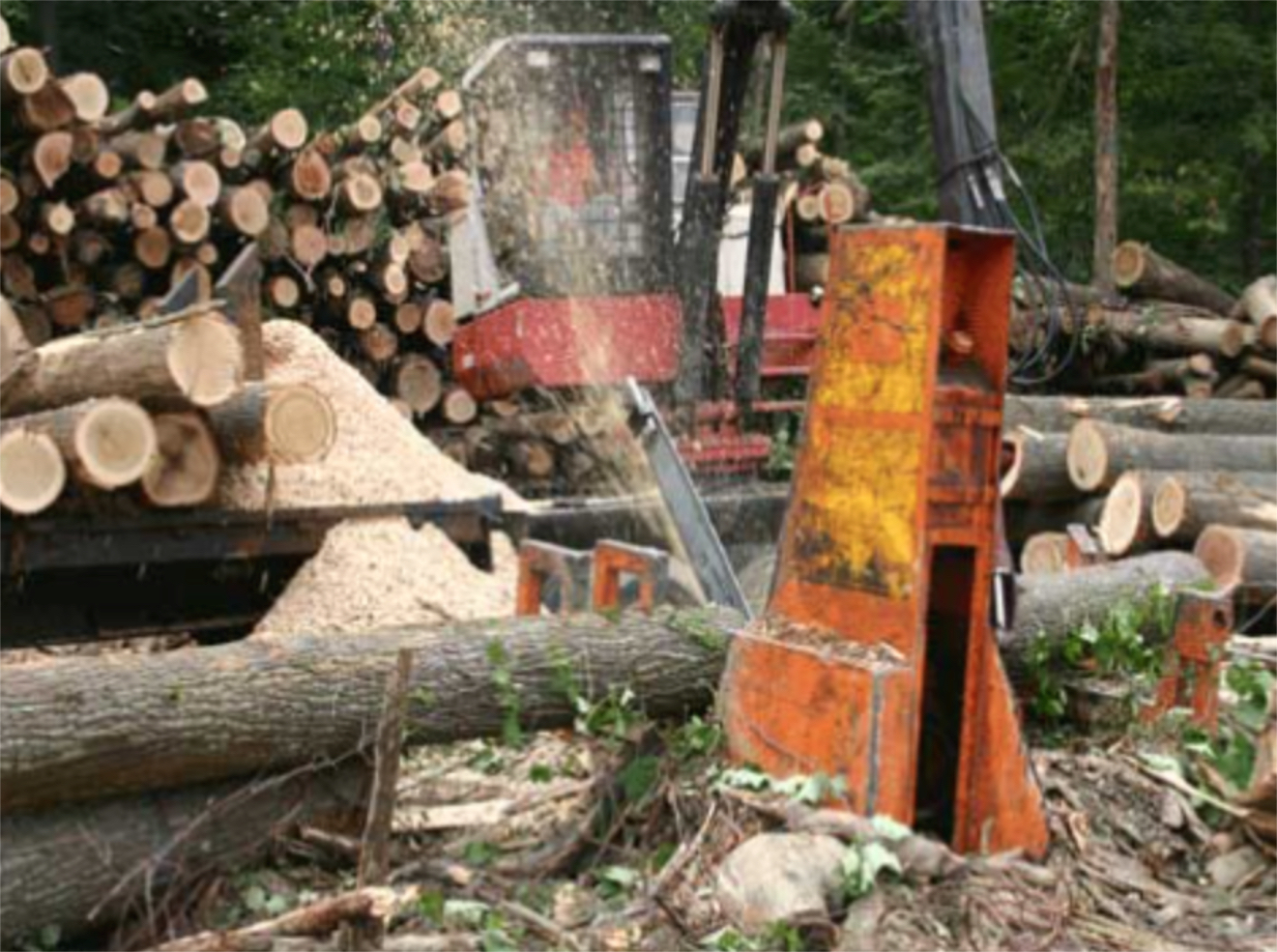Are you a Mission Farmer, or Miner? Choose wisely.
Are you a mission farmer, or a mission miner? Imagine you’ve just purchased a plot of land. Your story unfolds as you make a choice of what are you going to do, mine or farm? Your response to that question may say something about your priorities, processes, and how you allocate resources. Your plot of land is your mission as a community nonprofit, congregation, or a new worshipping community.
Building a world with blocks.
My grandsons, Sy and Liam, like millions of other gamers, enjoy playing Minecraft. The game presents challenges and provokes the building of a world in which the objective is to grow and thrive, not merely survive. Resources are available that guide wise decision-making in both the task of farming and that of mining. Everyone is different, but some enjoy the rewards of farming vs mining. To be successful, you need resources to begin. Farmers work on top of the ground, where people live, while miners go beneath and drag what is sought to the surface.
Planted seedlings, in the right soil, produces useful tree.
My dad was a farmer. The softwood trees he tended on one hundred acres of West Virginia forest were harvested for their pulp, used primarily for the packaging and publishing industries. Farming requires a lot of hard work, planning, and back-breaking labor. (If not his back-breaking labor, it was the back-breaking labor of those he hired to do the work!). When you farm, you’ll have to purchase seed up-front, or in my dad's case, purchase seedlings of healthy trees.
The forest around the house was initially used for our own recreation, fishing, and hunting. Signs were planted along the access roads declaring Posted—No Trespassing—No Hunting that (mostly) kept strangers away. Later in his life, my dad decided those trees would be farmed. I recall my shock the first time I saw photos after the trees were harvested! The beauty of the forest was transformed into bare earth. During harvest time, the tranquility of the forest's flora and fauna with the comforting sounds of birds overhead and water flowing into ponds was traded for the cacophony of heavy machines cutting and huge trucks hauling as the trees were transformed into the desired product: mulch. The three-year harvest cycle began with another round of seedlings being planted in the ground along with new signs along the road displaying: Tree Farm—Protected Land.
I learned that with most every harvest, dad plowed most of the profits back into the land. A farm requires attention, maintenance, and additional resources to cover the costs of seedlings and the harvesting operation. Tree farm planning is just as important as the planting. The price dad negotiated for his mulch varied depending on the prevailing market. The buyers had to make sure that the mulch they paid dad for would get the job done of producers who purchased the mulch from them. Building productive and collaborative relationships with the buyers helped to ensure a productive harvest. In a good year, dad would sell at a small profit and over time, generated a positive cash flow.
What's great about farming is that if you do it right, and are careful not to remove more nutrients from the soil than you replenish, the farm will live on, producing a harvest, long after you're gone. Such was the case with my dad's tree farm. "What a person plants, a person will harvest" (Galatians 6:7-9, The Message).
So you're a miner? With that plot of land you have in our imaginative story, given a choice of farming or mining, if you're not like my dad, you'd prefer to work under the ground than on top of it. Though there's abundant examples of farming in the Torah, Bible, and Quran (written during primarily agricultural periods of civilization), mining examples are harder to come by. In fact, the only direct reference to mining in the Bible is from Job 28. “There is a mine for silver and a place where gold is refined. Iron is taken from the earth, and copper is smelted from ore" (Job 28:1-2 NIV). Looking more carefully at the original text, we see that the word translated as the mine is actually the Hebrew word for a source or place where a product, such as gold or silver, is found. Before heavy tools were developed, precious minerals were only acquired near the surface of the ground, in broken rock and naturally occurring caves, where the minerals' veins were more easily accessible.
In later periods, under-the-ground mining operations required enormous start-up costs. If you're going to be a miner, the only way you will derive value is to have access to the stored resource, the vein, to what is valued. You’ll need to lease mining equipment, and definitely will need to hire skilled people to work the mine, to convert what is under the ground to useful capital above the ground, where you live. Then, (maybe) you will derive a profit.
Back in the mid-1800's, many of Philadelphia's widows and orphans seeking shelter amidst the travails of the urban industrial revolution found a welcoming place with loving Presbyterians. Members of several congregations purchased a residence in the Kensington neighborhood and operated a ministry of hospitality. Though many of the widow's attributed their plight to family illness, economic downturns, and war, more than a few were abandoned by their husbands who sought fame and fortune in California. The Gold Rush lured farmers from the East to become part of what we know as the '49ers. (The not for profit Penn Home is still serving the community today because they are famers, and they know how to plant good seed and take care of the land.)
The Gold Rush miners left their farms for non-renewable resoruce.
Mining in the nineteenth century is not too much different than mining today. In mountains not far from my dad's tree farm in West Virginia, mines are operated today that are dangerous and costly, both in risking the lives of those who work the mine, and the lasting and devastating effects of mining on the environment. A mine takes resources out of the ground which can never be replenished. An operating mine produces income by tearing a huge hole in the earth and the process continues until every last ounce of value is depleted. In fact, the faster the resources are drained, the better. There is nothing to preserve, nothing to maintain, no soil to keep in condition. There is no cyclical harvest since there is no re-planting. The land is spent while the miners spend, leaving an unusable, and unsightly, crater.
Mission Farmer or Miner? To achieve community impact, healthy congregations must be in the farming business. They must give evidence of life sustaining cycles of planting and harvesting. Jesus explains in a parable about seed planted in various types of soil, "But the seed in the good earth—these are the good-hearts who seize the Word and hold on no matter what, sticking with it until there’s a harvest" (The Message). The church is a gathered community of worship, witness, and mission that is deployed to have an impact in the world, just like seeds scattered by a farmer produce a crop that feeds and clothes people.
God creates, Jesus disrupts, and the Spirit connects people to be planted in the soil of life, and produce results.
The mission is not to survive, but to grow and to change. The healthy church is a living community embracing the regular rhythms of worship, confession, repentance, forgiveness, and re-engagement with the world. From childhood to adolescence, to productive adulthood, to the maturity of aged wisdom, the faith community represents a cycle of life that is celebrated in birth and in death and accomplishes generative impact in the world. The Farmer Church develops individuals in communities into useful agents of reconciliation as transformative leaders. You can understand, then, that its not by accident that > > farming> > is based on a nurturing, living, and life-giving, cycle of co-creating with God and collaborating with the world at large. Mining, on the other hand, abruptly takes from the ground what was produced abruptly aeons ago under the cataclysmic, chaotic, circumstances of heat and pressure.
Of course, mining has its place. Modern civilization depends on mining done well. Economies, medicines, health-promoting minerals, raw materials that created and sustain our technologies built from silicon and precious metals, and precision tools that allow transportation, construction, and manufacturing to flourish are necessary to modern life. But mining must be guided by resolute wisdom and a commitment to balance economic and ecologic priorities because once the mine is empty, there's nothing that will fill it back up.
Every new church starts as a "plant", not a mine. It is "planted" and established as a farm. Sadly, I know too many congregations that have become miners, not farmers. Mining churches are characterized as systems of ministry that consume stored up resources, and do not produce new product. The vein of their mine is "under the ground" represented as endowments, investments, rental income, and proceeds from property sales. The priority of a mining church is to survive, their processes ensure that the incumbent group retains power, while resources are consumed, not replenished. It is difficult for a congregation that has devolved into mining to com up from under ground and work the soil in the light of day again. But, this transformation is not impossible.
A mining church that is ready for a new future must rise up from underground as if from the dead; emerge from their building, out of their traditional and archaic ways of surviving. They will arise to the new day in the real world. Surviving is individualistic. Thriving, in contrast, is a community effort, not individualistic. A mining church that is transformed into a farming church will embrace God's emerging future. It will reaffirm baptismal vows and invite the Spirit to reconnect them to the world of the living. Authentic collaboration becomes possible with the community at large. Honoring each contributor/member as a farmer will, like my dad, engage the real world of relationships, plant healthy seeds, and nurture the soil so that an abundant product is produced.
Farming or Mining Is Known By Impact. The impact of a mining church is hard to notice outside the mine itself. (Drive by a mine and you'll know what I mean. Likewise, drive by a mining church. See any similarities?) What goes on in a mining church is out of view.
Farming churches, however, are visible and known by the product and content produced. The community benefits from the produce, crops, fruits, gifts, which are welcomed as a positive impact on the community. Though the work is hard, a church committed to farming will begin to reduce their dependence on mining and instead, reinvest resources by plowing it back into the soil. Remember, in this analogy the soil is not only the congregation, but it is the intersection of the congregation and community. You reap what is sown.
How did your plot of land do in your imagined story? What did you choose? Farm or mine? For those in mid council and regional work, what resources and tools would be useful to farming churches? What can you do to make farmers out of miners? How can your staff resource this transition?
"So let’s not allow ourselves to get fatigued doing good. At the right time we will harvest a good crop if we don’t give up, or quit. Right now, therefore, every time we get the chance, let us work for the benefit of all, starting with the people closest to us in the community of faith" (Galatians 6:7-9 The Message).
Be a mission farmer. Serve the world. My dad would like that.








